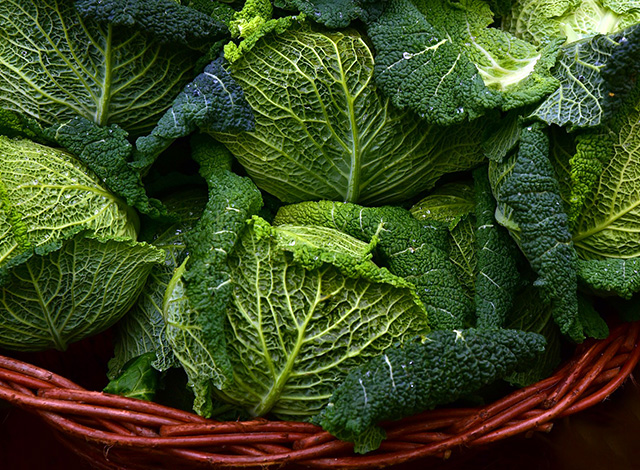Antioxidants are natural or synthetic substances that help protect the body's cells from damage caused by free radicals, unstable molecules that can contribute to aging and various diseases. They neutralize these harmful molecules, preventing oxidative stress that can lead to some medical conditions.
 cabbages
cabbagesHow They Work
Chemical reactions within the body produce oxidants (free radicals), which are believed to contribute to a number of health problems such as cancer, tissue damage and premature aging. Antioxidants (or anti-oxidation agents) can reduce the effect of oxidants by binding together with these molecules, decreasing their destructive power. Antioxidants can also help repair damage already sustained by cells. Certain antioxidant enzymes are believed to be produced within the body, while others we must get from our diet, wither in the food we eat or by supplementation.
What foods contain antioxidants?
Antioxidant agents can be found in many foods. Items high in vitamin A, vitamin C, vitamin E, and beta-carotene, commonly found in dark green leafy vegetables and fruits, are believed to be the most beneficial. There is also a higher concentration of antioxidants in raw fruits and vegetables rather than cooked.
Antioxidant Supplements
If not enough anti-oxidants are consumed through the diet, there are also antioxidant supplements available, such as vitamins C and E, beta-carotene, and selenium.
Caution
While antioxidants can be beneficial, it's important to use them with caution and ideally under the guidance of a healthcare professional, as excessive intake of certain antioxidants can sometimes have adverse effects and may interfere with other medications or treatment
Related Pages
- Other food nutrients
- About chocolate, which can include anti-oxidants.
- Antioxidants and Sports Performance


 Current Events
Current Events